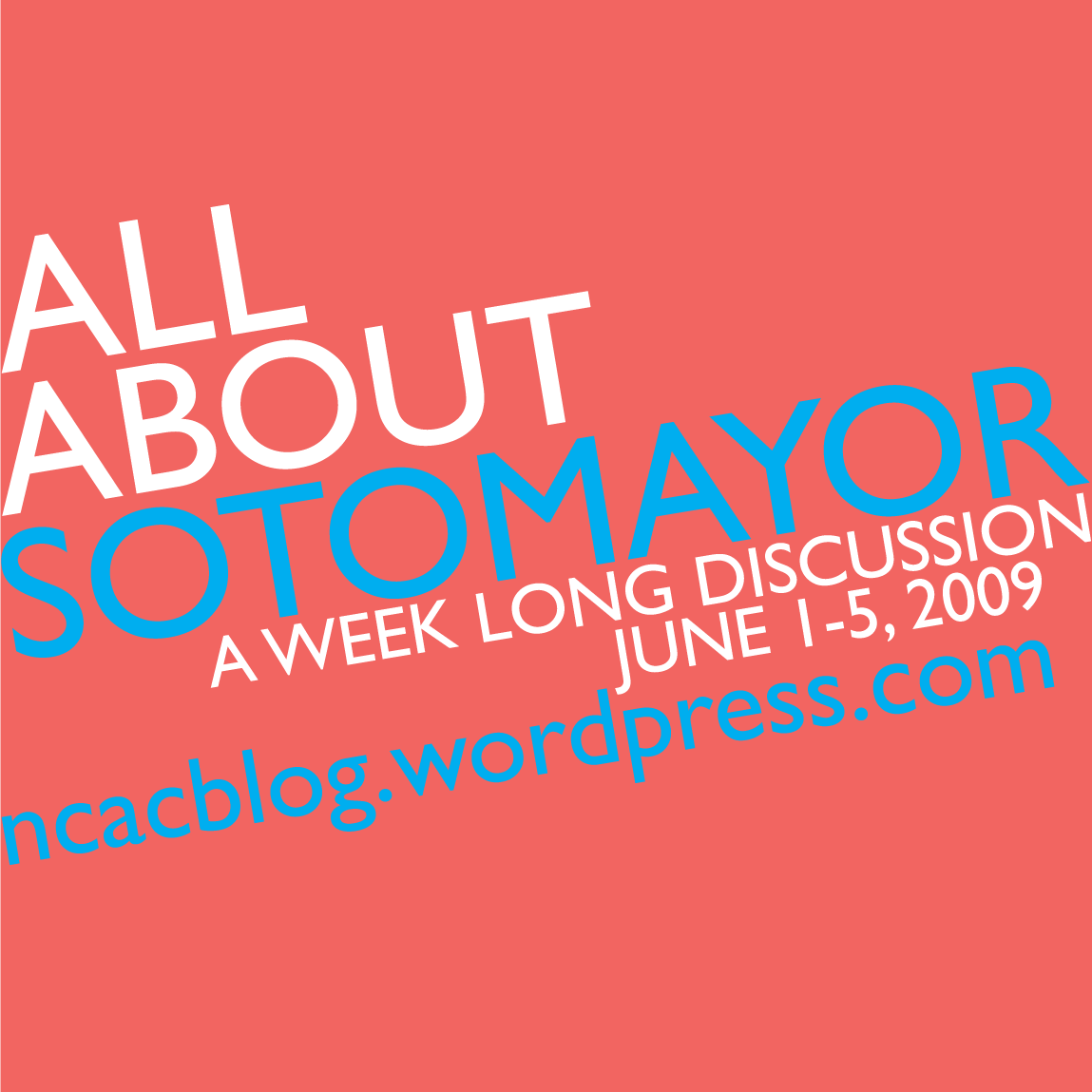 Our analysis of Sotomayor’s free speech record wouldn’t be complete without a mention of her dissent in Pappas v. Giuliani. The case reached the Second Circuit Court of Appeals in 2002 and concerned the firing of Thomas Pappas from the NYPD. The department had found that he had anonymously circulated racist and anti-semitic literature through the mail from his home. The two other judges on Sotomayor’s panel upheld the decision of the lower court, considering Pappas’ speech to be of public concern and to have interfered with the operation of the police department.
Our analysis of Sotomayor’s free speech record wouldn’t be complete without a mention of her dissent in Pappas v. Giuliani. The case reached the Second Circuit Court of Appeals in 2002 and concerned the firing of Thomas Pappas from the NYPD. The department had found that he had anonymously circulated racist and anti-semitic literature through the mail from his home. The two other judges on Sotomayor’s panel upheld the decision of the lower court, considering Pappas’ speech to be of public concern and to have interfered with the operation of the police department.
Sotomayor saw the situation differently, and ruled in defense of Pappas’ speech even though she named it as “offensive, hateful, and insulting” in her statement. While acknowledging that
a public employee’s free speech interest is often subordinated to the effective functioning of a government employer,
Sotomayor cited Rankin v. McPherson (1987) in defense of an employee’s speech if the job requires no public contact. She didn’t think that the facts of the case were sufficient to justify abridging Pappas’ First Amendment rights, making her decision a praiseworthy one in the eyes of anti-censorship advocates.
Maria Blanco, Executive Director for the Chief Justice Earl Warren Institute at University of California, Berkeley, had this to say about Sotomayor’s First Amendment views as evidenced by Pappas v. Giuliani:
What I found after looking at some of her statements is someone who I think takes the First Amendment extremely seriously…. She went with the facts. But what you see is she that she also put an extremely heavy burden of proof on a defendant who is trying to abridge privacy or First Amendment protections.
As in Quattrone, here we see Sotomayor sticking to the facts in her decision to uphold the right to free speech. Her defense of Pappas’ despicable speech, far from making her racist as some would claim, in fact testifies to a clear vision of the law and a wise support of more speech, not less.

